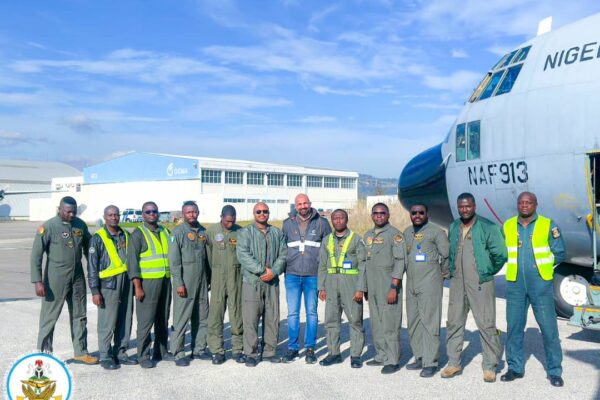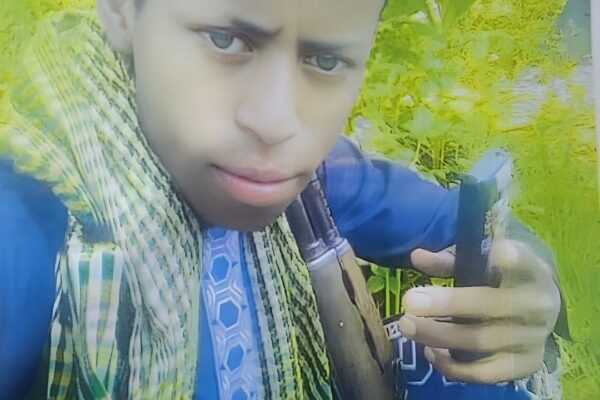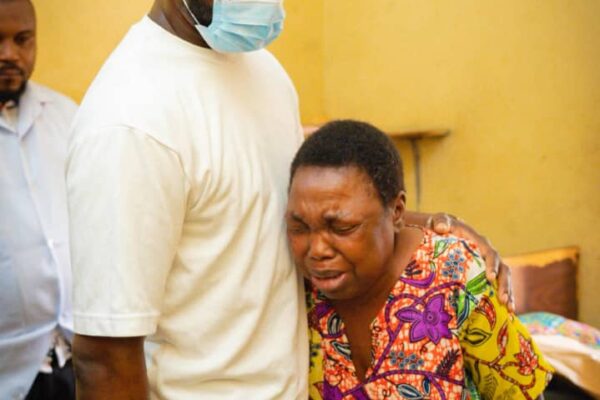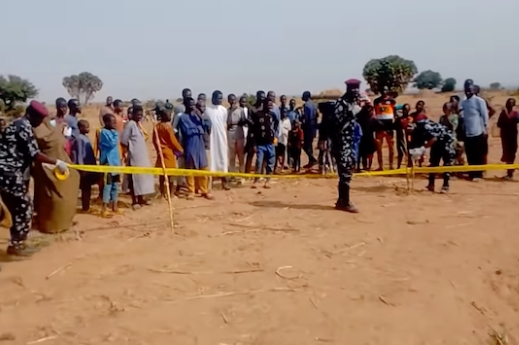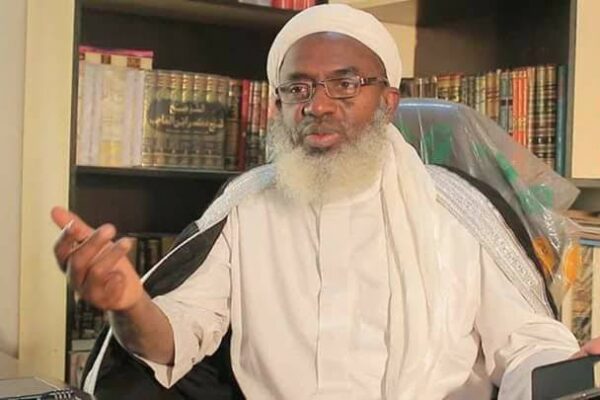
Burna Boy Donates $100,000 to VeryDarkMan to Free Prisoners and Settle Hospital Bills
Music star Burna Boy has donated $100,000 (around ₦150 million) to content creator VeryDarkMan to support charitable causes for the needy. In a video shared online, Burna Boy was seen seated beside VeryDarkMan as he announced the donation. VeryDarkMan explained that half of the funds, $50,000 (approximately ₦75 million), will be used to secure the release of people imprisoned for failing to pay fines, which often range from ₦30,000 to ₦300,000. The other $50,000 will be allocated to clearing hospital bills for patients in government and public hospitals who cannot afford treatment. The funds are currently in VeryDarkMan’s custody while proper documentation is completed for the prisoners’ release. He also plans to gather data on fined prisoners across all 36 states to ensure fair distribution, as well as to extend hospital support to those in genuine need. Thanking Burna Boy, VeryDarkMan said, “Thank you Burna Boy for this kind gesture. God bless you, and thank you for trusting me with this much money and believing that I will carry out this project.” The announcement has sparked widespread discussion online, with fans praising Burna Boy for using his resources to make a tangible difference in people’s lives beyond his music career. VeryDarkMan shares how BurnaBoy gifted him $100,000 to cover hospital bills for the less privileged and support inmate freedom efforts, and it's legit 😲🙆❤️ pic.twitter.com/JYiV4xygLy — 𝓞𝓫𝓼𝓮𝓻𝓿𝓪𝓽𝓲𝓸𝓷 𝓷𝓸 𝓫𝓮 𝓬𝓻𝓲𝓶𝓮 (@fcspokesman) December 26, 2025


